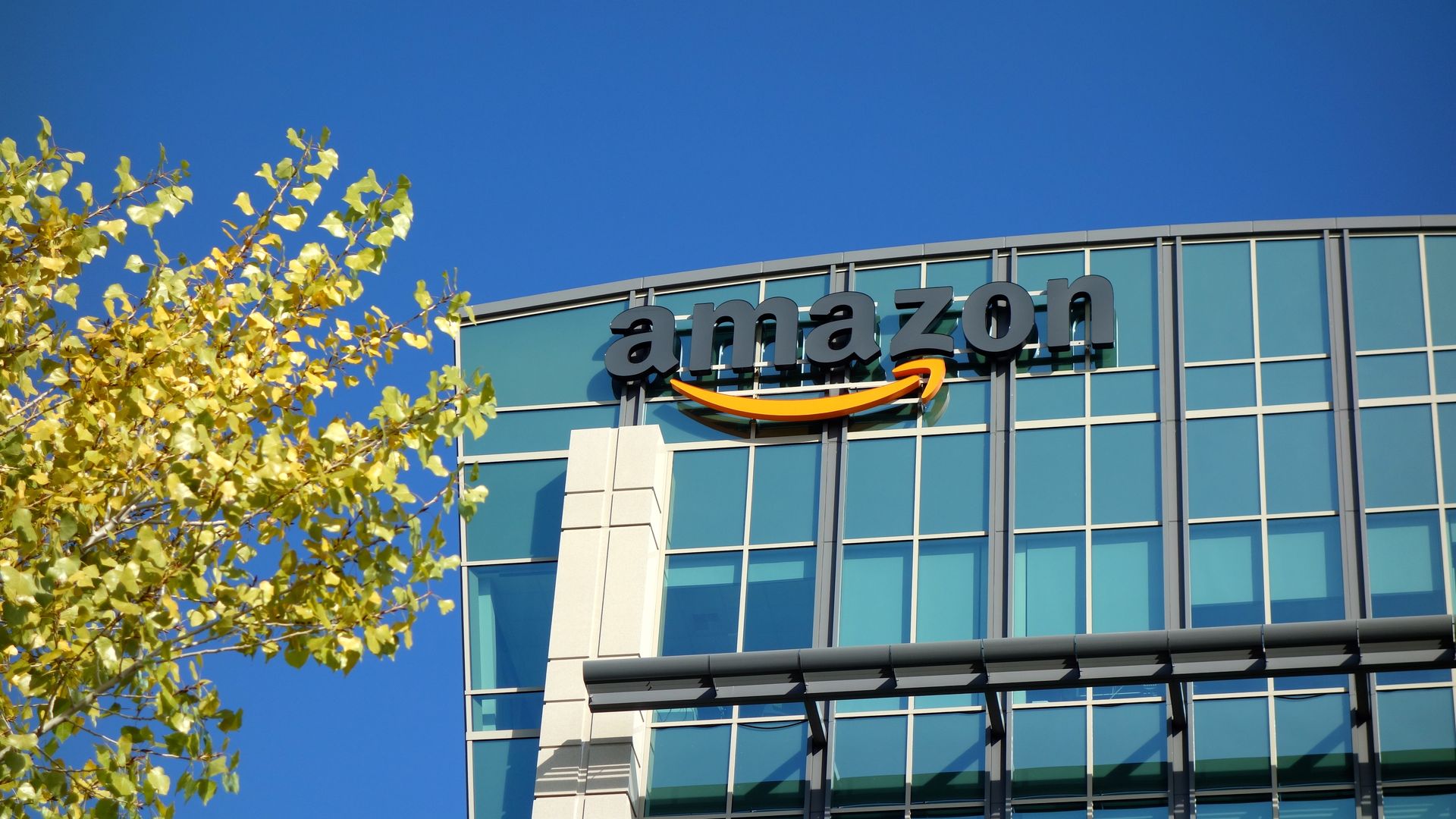Aug 23, 2018 - Technology
Health care execs homing in on Amazon
Add Axios as your preferred source to
see more of our stories on Google.

Photo: Lisa Werner/Contributor/Getty Images
Add Axios as your preferred source to
see more of our stories on Google.

Photo: Lisa Werner/Contributor/Getty Images